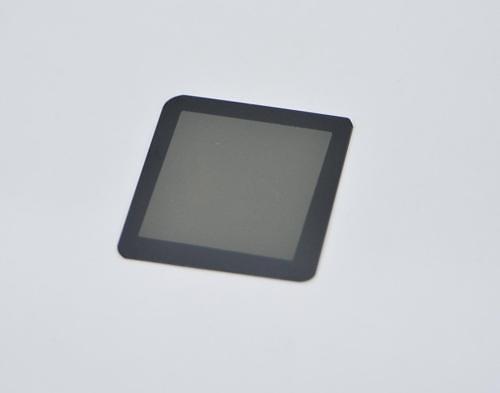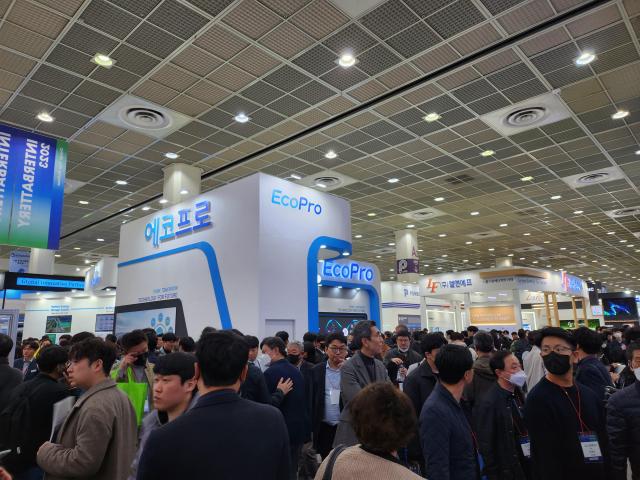
[Courtesy of the Korea Institute of Science and Technology (KIST)]
SEOUL -- South Korean researchers claimed to have developed technology for the production of a new protonic ceramic fuel cell (PCFC), which is eco-friendly, stable and power efficient enough to be commercialized as a next-generation power generation system.
Protonic batteries are considered as a clean and cost-effective electric power generation tool, but development has been slow due to lower-than-expected performance and low stability.
The Korea Institute of Science and Technology (KIST), a state-funded research institute, said in a statement on Friday that its researchers led by Lee Jong-ho and a research team from Hanyang University participated in a state-funded joint project to develop technology on the production of new PCFCs in a large-area platform that maximized power efficiency and stability.
"By applying this technology to the field of energy storage, it will contribute greatly to the use of renewable energy," Lee was quoted as saying.
PCFC, which is a hydrogen fuel cell based on ceramic electrolyte materials, operate in high temperatures of about 700 degrees Celsius to achieve very high electrical fuel efficiency with hydrocarbon fuels. Because PCFC's electrolytes directly absorb hydrogen atoms, it does not require an expensive and time-taking reformation process of hydrogen.
The protonic ceramic fuel cell has about 100 times higher conductivity than solid oxide fuel cells, which operate at higher temperatures to electrochemically oxidize fossil fuels. They are also cheaper to produce than polymer electrolyte membrane fuel cells which operate at a lower temperature range of 50 to 100 degrees and use expensive rare minerals.
According to KIST, the researchers overcame the huddle in the development of the new PCFC manufacturing process by employing high-activity cathode and using a chemically stable electrolyte. By doing so, they created a PCFC with about 10 times higher power densities than conventional protonic ceramic fuel cells with an operational temperature of 600 degrees Celsius.
The research paper was published in the August 27 issue of Nature Energy, a monthly peer-reviewed scientific journal published by the Nature Publishing Group.



![[OPINION] "Remembering John F. Kennedy"](https://image.ajunews.com/content/image/2023/11/17/20231117172101504790.jpg)
